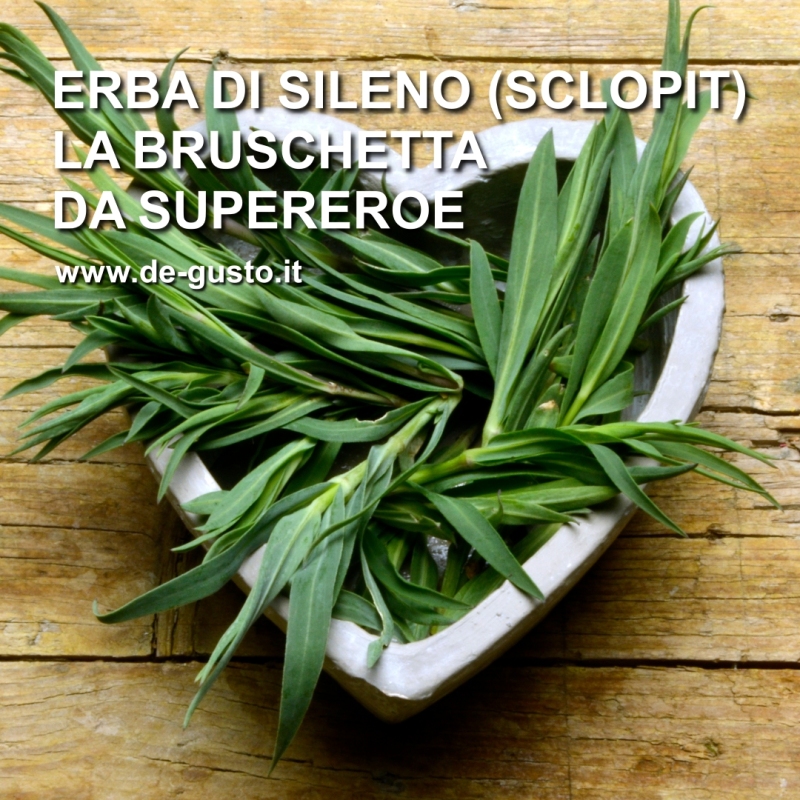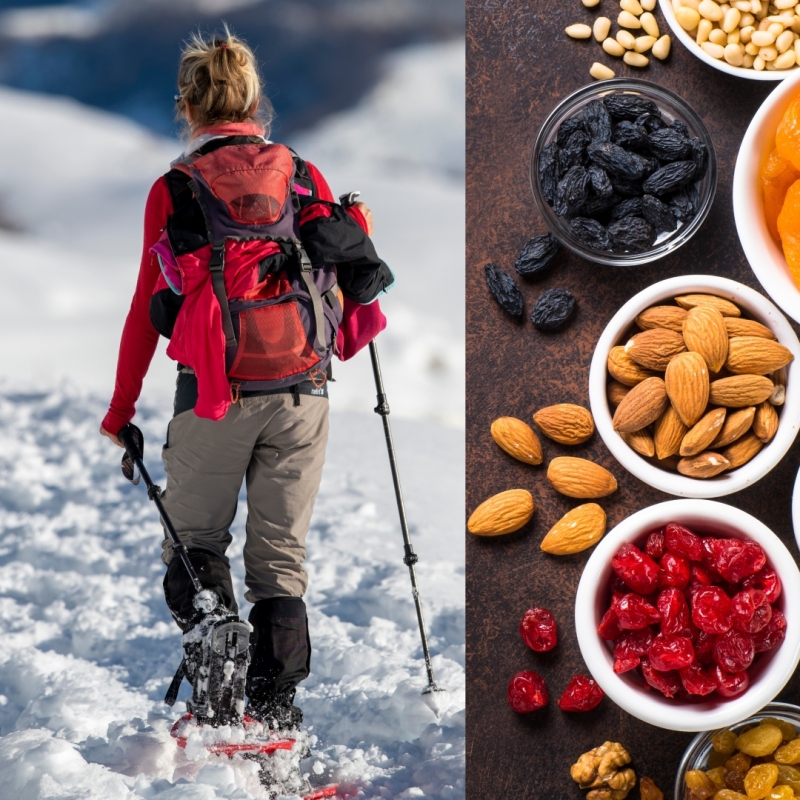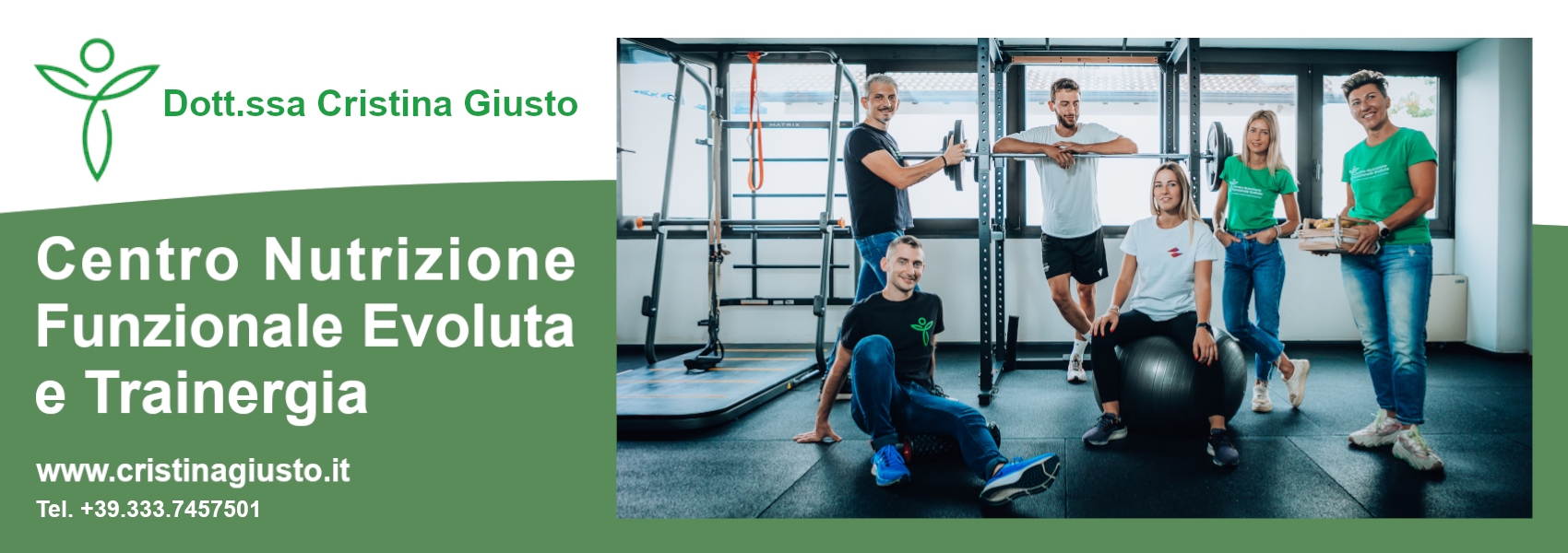We often tend to be lazier during the summer holidays: we want to relax, move less, change our eating habits and our rhythms.
All this is normal and serves our organism and our mind to escape the routine of everyday life and give itself a moment's respite but, let us remember that, physical activity can help us savour even more of these moments of freedom, as well as giving us health ‘bonuses’.
To make the most of the holiday and its benefits, self-care and exercise are a winning combination.
exercise are a winning combination.
Exercise makes us more aware of our bodies, stimulates the release of endorphins, reduc stress and inflammatory factors and thus promotes even more relaxation and well-being.
well-being.
It is therefore advisable to maintain an active lifestyle even on holiday and include a small amount of exercise in your day with a small daily dose of physical exercise, which can vary between different types:
- Low-intensity aerobic exercise such as walks lasting at least 60/75 minutes high-intensity aerobic exercise such as running, cycling, swimming for at least a duration of more than 30 minutes
- Muscle strengthening and development of motor skills through sports or activities aimed at maintaining a good level of muscle strength
During the summer, there are various sports activities that can be practised, even while on holiday and that meet the standards of exercise for maintaining good health as listed above. maintaining good health as listed above.
I propose the following activities that can be done at the seaside or in the mountains during this period:
- Swimming: low-intensity/high-intensity aerobic activity, depending on how you want to performed, which stimulates the strengthening of the upper body, the improvement of lung capacity and the cardiovascular system.
- Canoeing or stand-up paddle SUP: a sporting activity that can be performed at the sea, but often also in mountain resorts or lakes. These disciplines involve the use of the upper body and stimulate motor control skills, testing our balance
- Outdoor yoga: low-intensity activity with the aim of working on breathing, joint mobility and muscle elasticity. When carried out outdoors, often in morning or evening sessions, it can generate psychophysical benefits from the psychophysical level given by the practice and the natural environment that surrounds us
- Climbing: a sporting activity that can be carried out in the mountains, with different degrees of difficulty. Courses are often organised for beginners, which are very useful for learning the technical aspects of this sport. Its characteristic is to help improve the strength of our upper and lower limbs, combined with the demand for joint mobility and visualisation of the natural environment
- Trekking: an aerobic activity that can be done both in the mountains and at the seaside. It helps improve the cardiovascular system and strengthen the lower limbs, as well as relieving fatigue often with beautiful scenery
- Tennis or Padel: very popular sporting activities of late that can be practised wherever you go on holiday, whether by the sea or in the mountains. Weekly courses are often organised during the summer months to provide a technical basis even for beginners. They are fun and dynamic activities, to be done in company, often tiring from a physical and tiring from a physical and coordination point of view, but lightened by the variability of the game.
It is advisable to carry out these activities in the morning, when temperatures are temperatures, and perhaps continue the day with a healthy snack or breakfast.
For example, to replenish minerals, carbohydrates and fluids, drink extracts and fruit and vegetable centrifuges, and include a protein intake as recommended below:
- Apple, carrot and ginger + 50g cottage cheese
- Pineapple, apple and ginger + 1/2 egg
- Avocado, lemon and ginger + ham
- Pineapple, strawberries and lemon + Greek yoghurt
- Cucumber, apple and celery + salmon
(Article by Dr Della Girardi Gioia)





